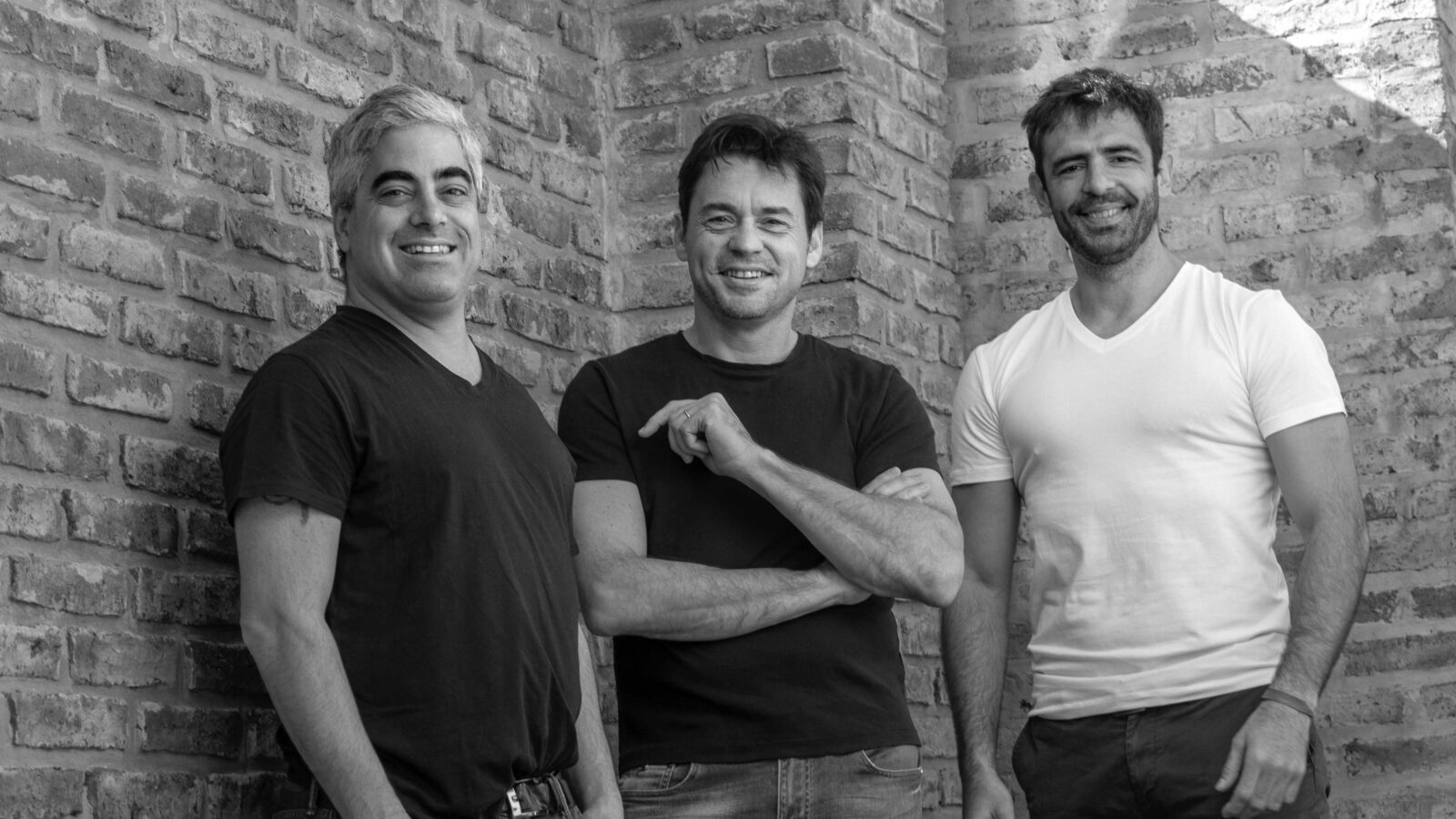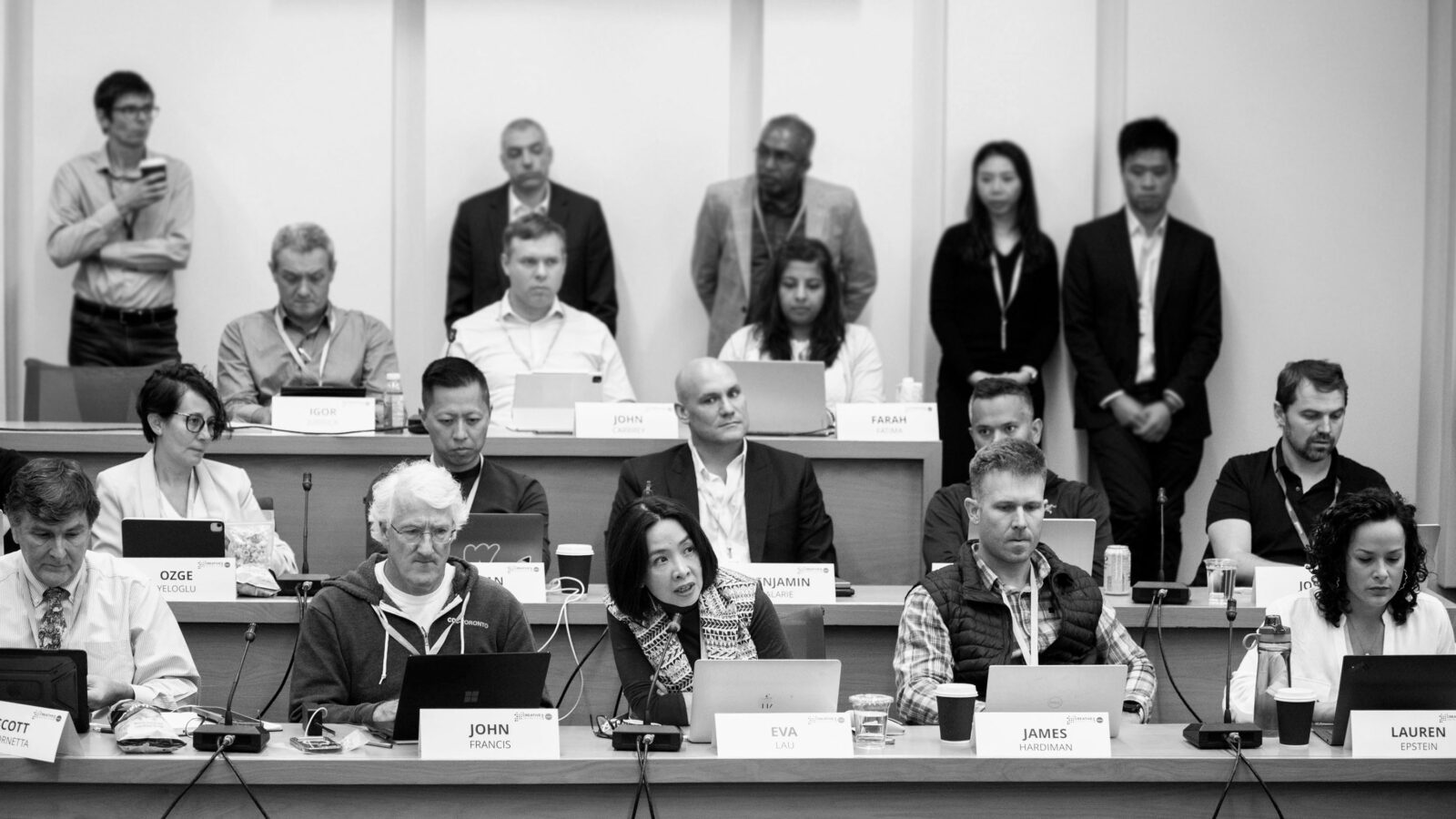“If you’re afraid of something, try to figure out why.”
Lily Elsner says she received this advice from older alums at Wellesley College. So when she started her MBA at the University of Oxford’s Saïd Business School, she decided to try out Creative Destruction Lab (CDL). She was intimidated by startups.
Startups seemed high stakes and risky. Elsner notes there’s also a lot of chatter in the media about how hard it can be for women-led ventures to get investment.
But she says CDL gave her “robust experience” with startups “in a very low pressure environment.”
CDL is a nonprofit organization that delivers an objectives-based program for massively scalable, seed-stage, science- and technology-based companies. Its nine-month program allows founders to learn from experienced entrepreneurs, increasing their likelihood of success.
CDL is also revolutionizing management education by matching MBA students with its participating ventures. Students embed on the ground floor of a startup and learn firsthand how to apply entrepreneurial strategy to real-world situations.
Elsner worked with Arctoris, which was a participating venture in CDL-Oxford’s AI stream. She’s since joined the company as head of strategy.
Startups “seem like an unclimbable mountain,” she said, “but I found that CDL removed all that.”
It was helpful having professors she already knew in the room, there to mediate, engage the students and make sure concepts and jargon were explained.
“It was incredibly empowering to me to be like, ‘Actually, this is something that I absolutely could do.’”
Other MBA and PhD students who’ve participated in CDL say the program breaks down what it takes for a start-up to succeed — and why startups are worth working for.
Haitham Mansour was already a small business owner when he started his Executive MBA at the University of Calgary’s Haskayne School of Business.
But he says there’s a difference between a small business and a true startup that will compete on the global market.
“I really learned that the execution side is almost more important than ideas.”
Mansour has joined the venture he worked for at CDL, Nanotess, as business lead. He said the company was successful at CDL because its leaders were open to coaching and had a key ingredient for success — the ability to pivot.
He also said students might be surprised to find a whole new passion if they try out CDL.
Before CDL, Mansour didn’t know he would be so enthusiastic about Nanotess’ mission, which is “revolutionizing nanotechnology to solve the world’s toughest health challenges beginning with chronic wounds.”
“It turned into a passion for me and I’m genuinely passionate about not only Nanotess, but also the problems that they’re trying to solve,” he said.
Amir Hejri, a fifth-year chemical engineering PhD at Georgia Tech in Atlanta, said that he also became incredibly passionate about the mission of the venture he worked with at CDL.
During his time in CDL, Hejri worked with Oxford Immune Algorithmics, an AI company specializing in immune monitoring
“It is something that’s not just incremental progress towards better health care. It is a leap. It is a giant leap, and it can be a breakthrough technology, what they are delivering,” he said.
“I shared the same vision. I respected that vision and I wanted to be part of it.”





